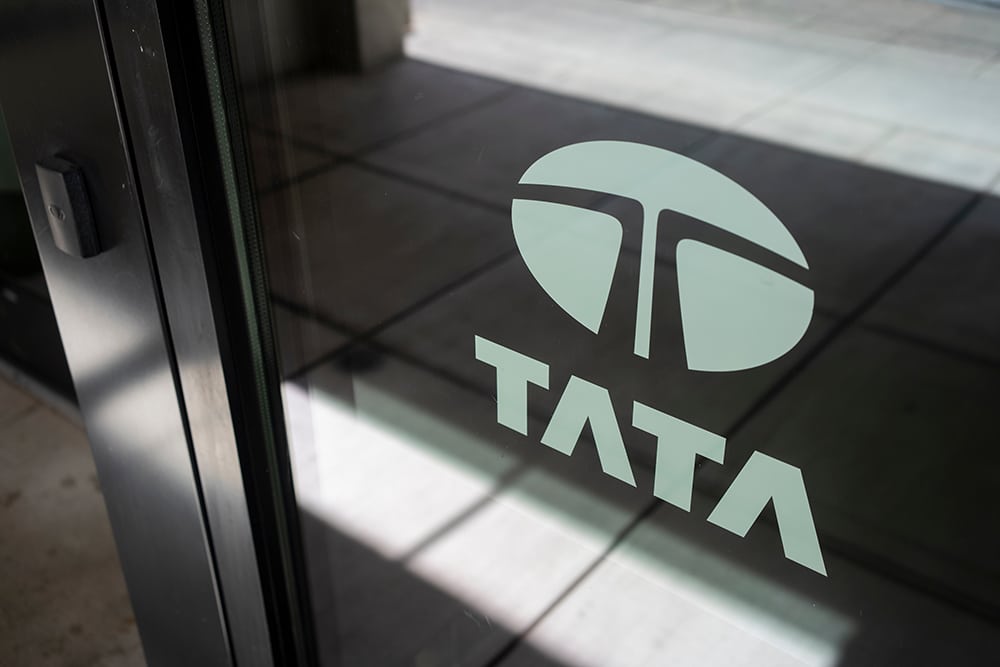After signing a grant funding agreement with the UK government, Tata Steel is eyeing a 2027 start-up of two new electric arc furnaces at its Port Talbot plant in Wales. Many in the steel industry consider the switchover to be a real test for Tata, the UK government, and “green” technology.
“Tata Steel has already launched public consultation on specific activities and is working closely with the authorities to apply for planning approvals by November 2024, with a view to commencing large-scale site work around July 2025,” the Mumbai-headquartered group said on September 11.
Tata’s agreement with HM Government stipulates £500 million ($650 million) from the latter, which the two parties tentatively agreed to in September 2023. The group has also noted that the total projected cost for the project is £1.25 billion ($1.63 billion).
“Basic engineering is now complete, and equipment orders will be placed shortly for the electric arc furnace and ladle metallurgy furnaces, a new coil box and crop shear for the hot strip mill, a cranes package, and for construction management and civil engineering,” the group stated. Plans are now under way to permanently blow down Port Talbot’s blast furnace No. 5, following the blow down of BF 4 in September.
Subscribe to MetalMiner’s free Monthly Metals Index report so that you can better anticipate steel industry market changes and make strategic purchasing decisions.
Port Talbot Remains a UK Steel Industry Leader
Port Talbot’ is the single-largest carbon producer in the United Kingdom. Tata reached a tentative agreement with HM Government in September 2023 for the funding to replace blast furnaces with EAF technology.
Tata said the project envisions two electric arc furnaces with a combined crude steel capacity of 3 million metric tonnes per year. The basic oxygen furnaces at the plant originally had a crude capacity of about 5 million metric tonnes per year. However, reports stated the plant only poured about half that in 2022 at 2.4 million metric tonnes.

Besides scrap, the new furnaces could also utilize direct reduced iron for steel production, allowing for the manufacture of higher grades of crude steel. Tata furthermore claims that Port Talbot will continue rolling operations between the blow downs and commission of the new furnaces by importing slab from its IJmuiden and Indian assets.
The plant, which lies in southern Wales about 30 miles west of capital city Cardiff, can roll up to 3 million metric tons per year of hot rolled coil and 1.2 million metric tons of cold rolled coil. The site can also produce 975,000 metric tons of annealed steel per year, which has various downstream applications, including tinplate production. These figures make Port Talbot a major player in the European steel industry.
Stay ahead of metal price fluctuations and save money with expert analysis in MetalMiner’s Weekly Newsletter.
Tata Hopes to Soften Job Losses with Government Assistance, Training
Taking down the new furnaces is to eventually result in 2,800 job losses at the site, including at the Llanwern rolling site, which sits about 50 miles east of Port Talbot. That site can roll a combined 3.2 million metric tonnes of hot and cold rolled coil.

UK news reports stated that most of the job losses are due to occur by Christmas, though workers will receive at least £20,000 (over $26,200) under government assistance. Tata Steel has also detailed its plans to assist any workers at risk.
“For any employee in Port Talbot selected as being at-risk of compulsory redundancy, the company will provide the option for them to participate in a paid re-training scheme for a defined period to help them secure alternative future employment,” the company said in its original statement.
Final Union Actions Still Remain Unclear
The Community and GMB unions associated with the site stated in a joint September 11 press release that they are currently balloting on the deal. The Unite union originally planned to strike on July 8, but called it off to conduct further talks over the plants. Tata initially threatened to blow down the two blast furnaces simultaneously in the event of a walkout, due to safety concerns
“The Community and GMB unions had hoped that waiting until blast furnace four closed in September would give them time for more negotiations to extend its life, with a potentially new government in place,” a July 8 BBC report noted.
Looking to stay on top of all market changes in the steel industry? Discover the Monthly Metals Outlook report and watch your ROI soar. Grab a free sample.



